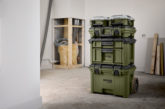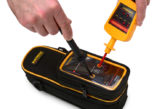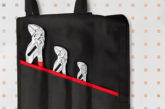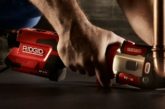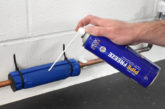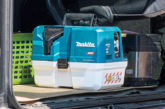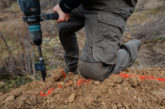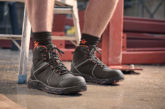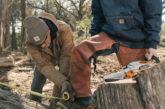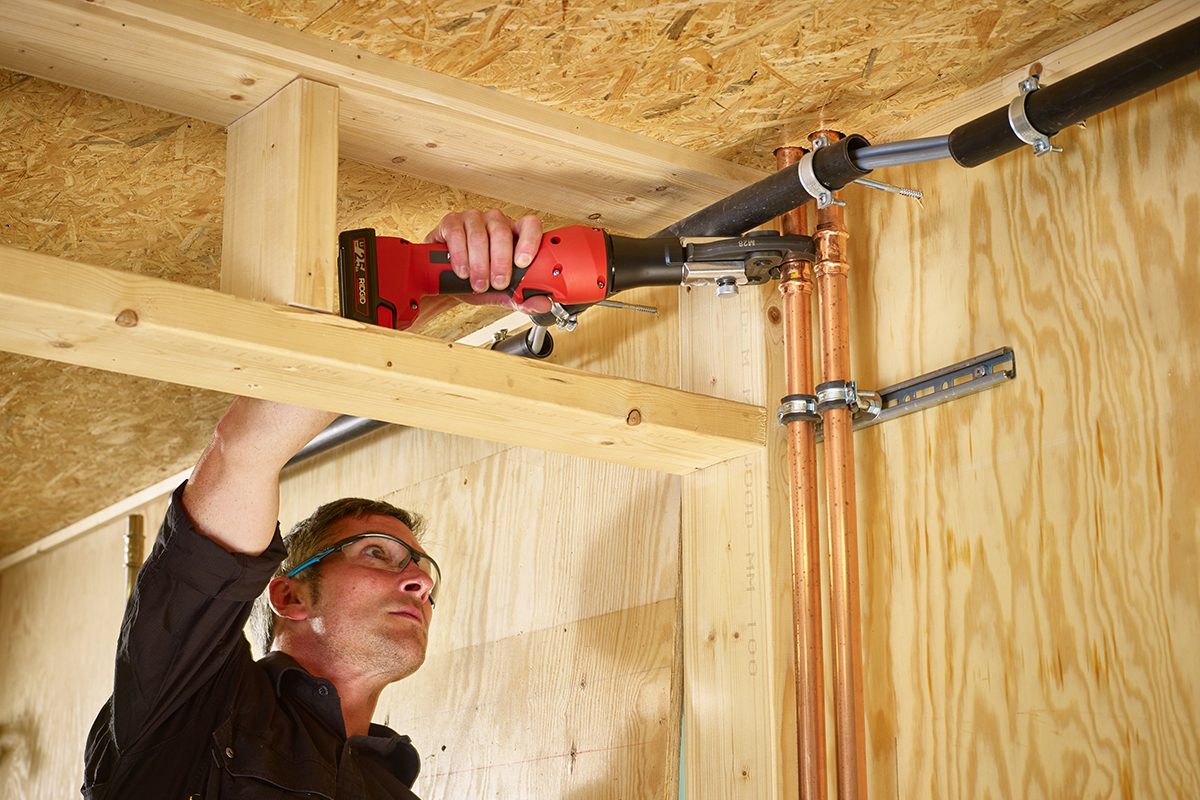
Enver Celik, RIDGID Product Manager – Pressing, answers some questions on press fitting and the tool options available.
What are the advantages of using a press system over brazing?
Speed. Using a press system works a lot faster in getting each connection securely fitted. This will result in getting a job done in a much shorter timeframe. RIDGID press tools are also equipped with a Press-Check functionality which will ensure a 100% secure connection, every time.
Can press systems be used on all types of pipe material?
There are different connections available for the pipe material out there such as stainless steel, copper and multiplex (multilayered pipe). Each of these require their own different type of press jaw to ensure a 100% secure press fit. Same as other tools out there, RIDGID tools are equipped for interchangeable jaws, meaning you only buy one press tool and the jaws you need to get the job done.
Will press-fit systems leak?
If done properly, there is no chance of leakage. Same as with brazing, there is a bit of prep-work needed: making sure the cut pipe is cut straight, there are no burrs and there is the appropriate amount of pipe available to fit tightly in the connection. If you work with a fitting and jaw that match the size of the pipe, and you do a proper press, your connections will be leak-free.
What are the differences between pistol grip and inline press tools?
Pistol grip and inline tools will both get the job done. The difference lays in the way you hold each tool and the balance of it. A pistol grip tool, if you hold it up-right, will balance above your wrist, making it easy to control and work with. The inline tools have their balance, in a horizontal position, underneath your wrist. Some might say that inline tools are easier to use in tight spaces, in the end it comes down to personal preference.
There are tools with different pressing strengths available. What are the options and reasons for these differences?
Different materials require different tools, same goes for the plumbing industry. Each different type of pipe material (and connections) requires a press-capacity (expressed in kN) to ensure a tight and leak-free connection. For some domestic applications 15kN might be enough, while for other connections you will need 32kN to ensure a 100% connection.
RIDGID offers tools ranging from 15 – 19 – 32kN covering most of the industry’s standards.
There are a number of jaw profiles to be used with press systems. Can you explain why different jaws are required?
Suppliers of pipe material and connections have been protecting their brands over the years by making it crucial to use their very own combinations of materials. This diversification in the market lead to the development of different jaws to comply to the materials out there. This has grown to a wide range of sizes as well as types such as V-, M-, TH-profiles.
Is changing the jaws straightforward?
It’s very easy and quickly accomplished on site in a few seconds. If you know the material you work with and the jaw needed to get the job done, this has been made very easy by the tool-suppliers. RIDGID Press-tools are equipped with bolts that are easily operated with one hand and have bolt-sensors, making sure you don’t operate with a jaw that isn’t securely in place as this could break your jaw or cause accidents.
Are there any situations where press fittings shouldn’t be used?
Nowadays, press fittings are so widely represented that they could replace any brazing-job. Yes there will be an initial investment in tooling, but given the time saved when using them, they are paid back in no time.
Is the UK market for press systems and tools growing?
The UK market has been holding on to its tradition of soldering and brazing, however the market has started to shift. Stricter rules when it comes to toxic fumes, eliminating naked flames and other safety-regulations have made plumbers consider press systems. More and more people are now converting to press.


